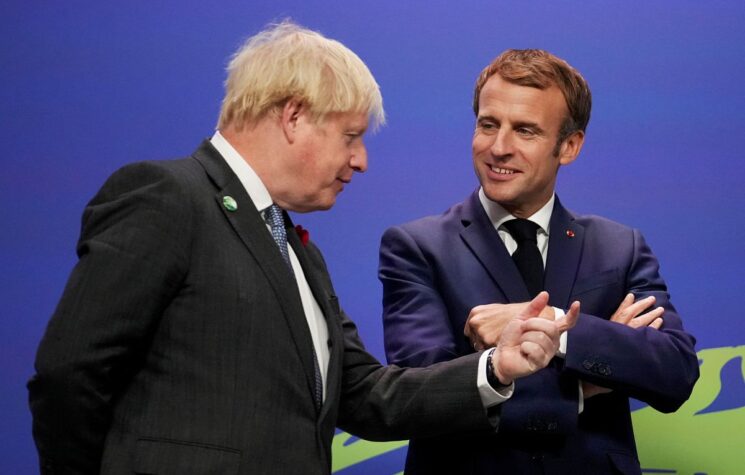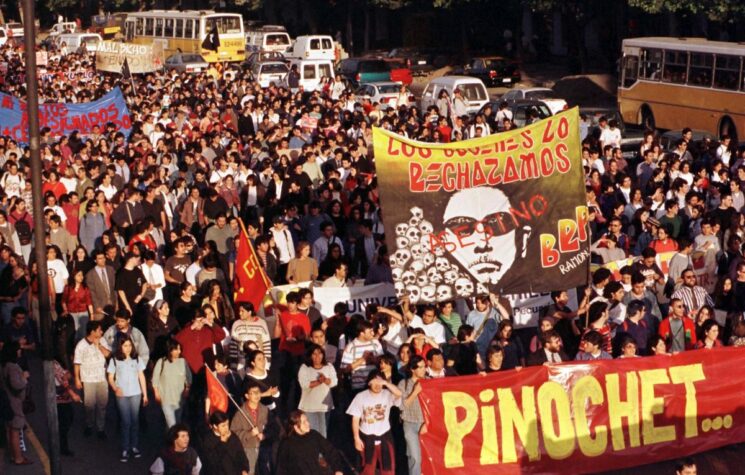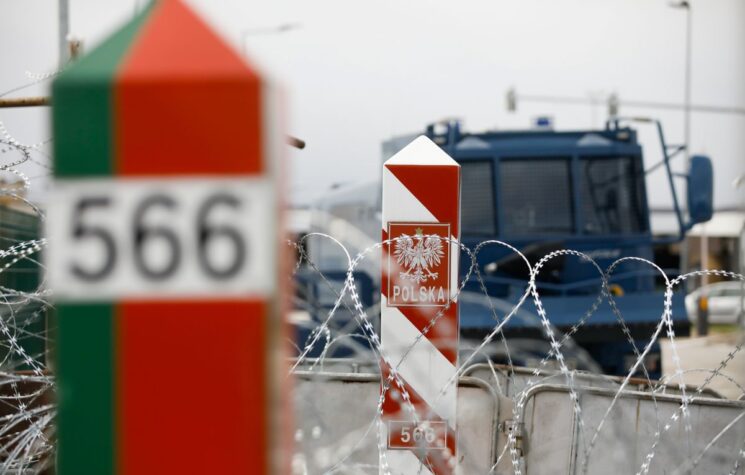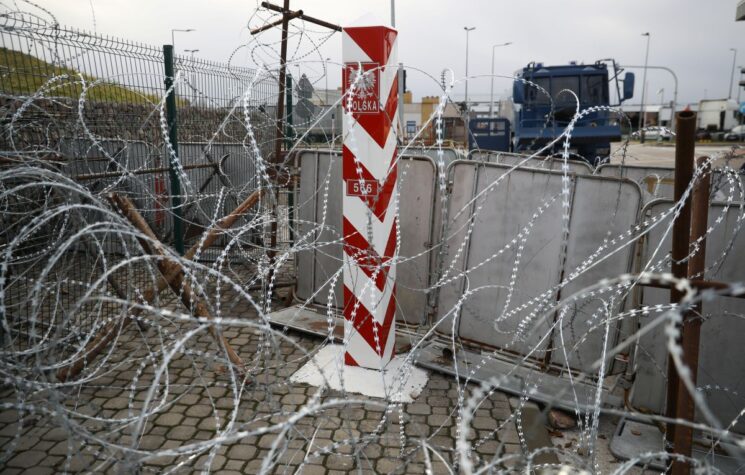Will the rewriting of Chile’s constitution be enough to veer the country’s trajectory away from the neoliberal experiment ushered in decades ago by the U.S.?
A year ago, Chileans voted to rewrite the dictatorship era constitution – the first step in building a more inclusive society since the democratic transition in the country which was plagued by vestiges of Augusto Pinochet’s legacy. In April this year, Chilean President Sebastian Pinera’s right-wing government suffered another loss as independent and opposition candidates gained the majority of seats to rewrite the constitution. This secured another victory away from the right-wing and the possibility that reforms would be blocked by the government’s candidates.
With a broad representation across the political spectrum, including 17 seats reserved for indigenous representation, the Chilean people’s aspirations for social rights and protection of natural resources became more plausible. However, as the Chilean presidential elections draw closer, it is clear that right-wing sentiment in Chile is still gaining traction.
The Republican Party’s leader Jose Antonio Kast – the right-wing presidential candidate and Pinochet admirer – is gaining traction in the electoral polls. A poll places him leading ahead of Apruebo Dignidad’s candidate Gabriel Boric, by one point. Kast who once declared in 2017, “If Pinochet was alive, he would vote for me,” has Chile’s far-right rooting for him, as the possible shift in Chilean politics since the 2019 protests hangs in the balance.
After violence erupted in Iqique over migration, where a group of people burnt migrants’ belongings on a road, the right-wing in Chile recognised its opportunity. In a similar manner to electoral propaganda in many countries, Kast and other right-wing candidates exploited anti-migrant sentiment to introduce security rhetoric.
Chile’s National Institute of Human Rights has called upon the government to alter the state’s policy on migrants, which is mostly defined by expulsions and evictions, thus giving rise to racism and xenophobia.
The right-wing, however, exploited the recent violence as an opportunity to insist upon stricter border controls and surveillance. Kast declared, “the migratory disaster began with Bachelet and escalated out of control with Sebastian Pinera.”
Boric called upon the government “to ensure that the people’s mobility is secure and balanced.” Meanwhile, social movements in Chile demanded that Pinera offer protection for asylum seekers.
“Fundamentally, Kast defends free markets and traditional values, and favours the image of a monocultural Chile of European descent,” academic Gilberto Aranda was recently quoted as stating.
Aranda’s analysis invites a deeper reflection of Chile’s society. Kast’s politics are based upon divisions, in a similar manner to which the Pinochet dictatorship operated, particularly with regard to the left wing and the Mapuche. The latter were not recognised as indigenous, as part of the neoliberal experiment that exploited Chile’s natural resources for the benefit of industrialisation.
Chilean governments across the political spectrum since the transition to democracy have also exploited such societal divisions. The low electoral turnout in the 2017 elections reflected the possibility that a majority of the population was disillusioned with Chile’s politics, given the centre left failed to follow through on social issues and human rights.
The 2019 protests marked a change in Chile. A right-wing government acquiescing to the people’s will for a referendum was a major victory. As Chileans mobilised, the government took a downturn in the polls. Yet Kast’s current political prominence casts a shadow over Chile’s gains. On one hand, the rewriting of Chile’s constitution provides the opportunity for change. The slight lead which Kast enjoys in the polls, however, is indicative of how entrenched right-wing sentiment is in Chile, even if Pinochet no longer takes centre stage in terms of adulation. Will the rewriting of Chile’s constitution be enough to veer the country’s trajectory away from the neoliberal experiment ushered in decades ago by the U.S.?

























